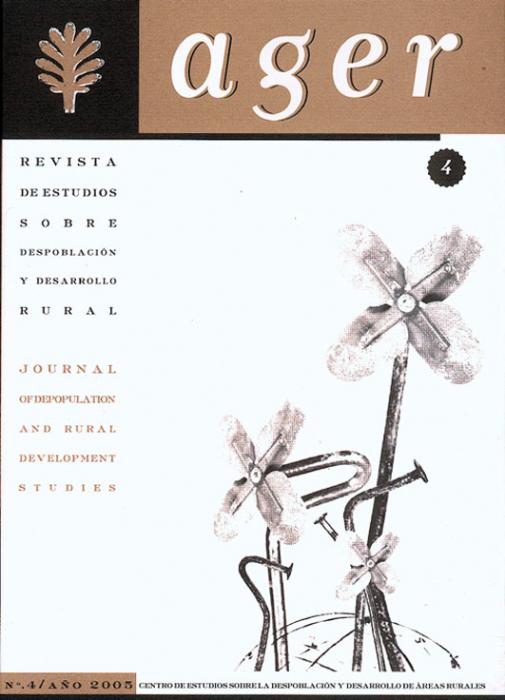Crime and Punishment in the Black Market in Spain, 1940-53: An Analysis of the Fiscalía de Tasas
Abstract
On the background of economic theory concerning price controls and rationing, the article analyses the legislation dealing with black market activities in Spain during the 1940s and early 1950s, as well as Supreme Court sentences related to black market crimes, and the archive from the Fiscalía Provincial de Tasas en Teruel. It is demonstrated that the initial legislation was distinguished by severe harshness, but a gradual, although never complete, normalization of the jurisdictional system took place over the years. Harsh sentences were handed out by the Supreme Courts, but the limited activities of the Fiscalía de Tasas indicate that black market activities were, at least to some degree, tolerated by the regime. Although this was an advantage from the point of view of social welfare, the price control and rationing system continued to have serious flaws, including a deficient distribution of production quotas, the possibility of diversion, and the belated introduction of a parallel market.Downloads
Published
How to Cite
Issue
Section
License
Authors who publish in this journal agree to the following terms:
a. Authors retain their copyright and grant the journal the right of first publication of their work, which will be simultaneously subject to the Creative Commons Attribution Licence, which allows third parties to share the work provided that the author and the journal's first publication are acknowledged.
b. Authors may enter into other non-exclusive licensing agreements for the distribution of the published version of the work (e.g., depositing it in an institutional repository or publishing it in a monographic volume) provided that the initial publication in this journal is acknowledged.
c. Authors are permitted and encouraged to disseminate their work via the Internet (e.g. in institutional digital archives or on their website), which may lead to interesting exchanges and increase citations of the published work. (See The effect of open access).

